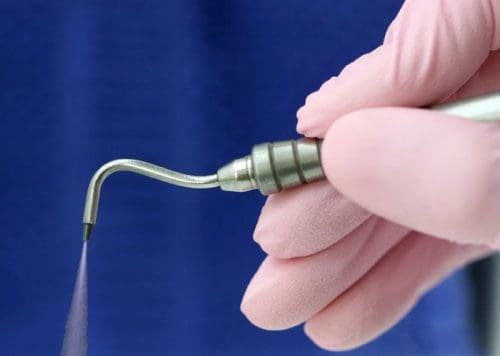Periodontal exams are vital in the maintenance of your oral health as they are used to assess the health of your gums and teeth. They can help your dentist diagnose gum diseases, gingivitis, oral cancer and periodontitis. These exams can also reveal receding gums, exposed roots, tooth grinding and other problems, making periodontal exams vital to maintaining proper oral health. Regular dental exams are important as they can reveal evidence of gum disease in its early stages.
During your periodontal examination, your dentist will check:
- For any lumps or abnormal areas in the mouth
- Whether any of your teeth are missing or loose
- The color, texture, size and shape of your gums
- Whether you have fillings, crowns, bridges, dentures or implants
- How much plaque is on your teeth
- The depth of the space between your tooth and gum
Gingivitis is the first stage of periodontal disease that causes inflammation of the gums. Dental x-rays can determine if the inflammation has spread to the supporting structures on the teeth so treatment can be started to correct the problem. Periodontitis occurs when gingivitis goes untreated, which makes periodontal exams vital to preventing and putting an end to gum diseases.
Your dentist will complete a periodontal exam with each visit, emphasizing the importance of regular, routine visits to your dentist’s office.





